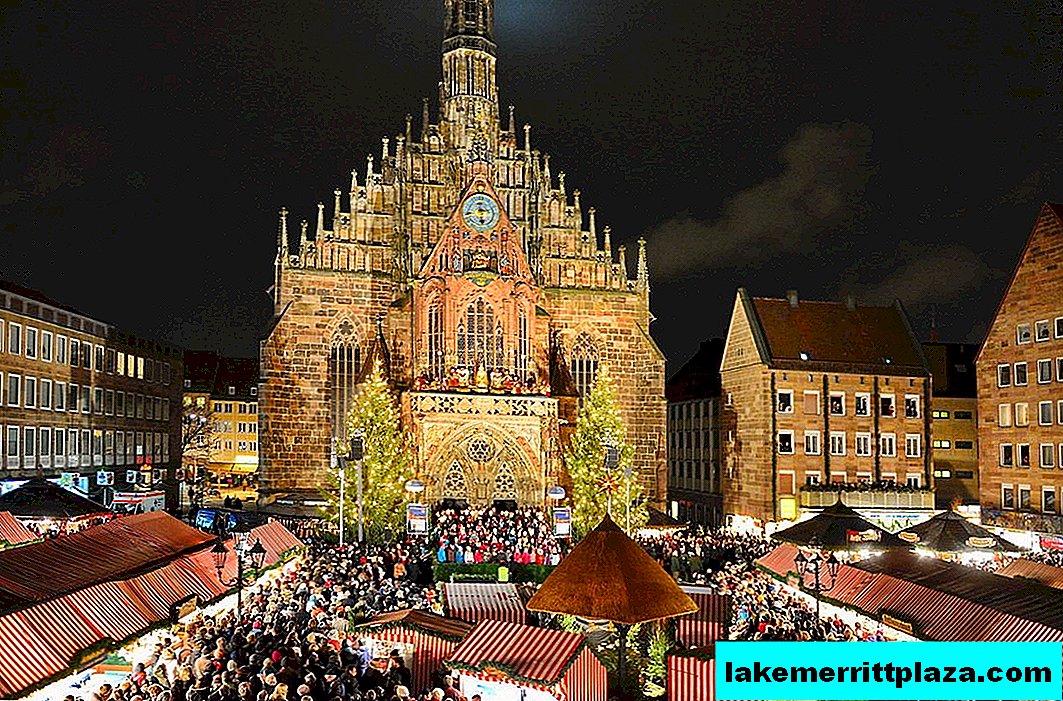A recent study conducted by EU representatives showed that foreigners are more likely to find work in Italy than the citizens themselves.
Sociologists from the EU Statistical Agency (epp.eurostat.ec.europa.eu) found that most of those applying for work in Italy are representatives of other European countries, while the country's inhabitants themselves are less active and less successful in this regard. Currently, 61.9 percent of able-bodied citizens are employed in the country of wine and sun.
Meanwhile, Europeans are more lucky in finding work in Italy than representatives of other countries. For example, the employment rate among citizens of EU countries between the ages of 20 and 64 was 65.8 percent in 2013, which is 4.3 percent more than among other immigrants. Such data contrast with the EU standard, according to which most job seekers are not from other countries.
As for other countries that are part of the EU, it is worth noting that 68.9 percent of citizens of member countries and 61.9 percent of immigrants are employed here. This trend is observed only in Italy, the Czech Republic, Lithuania and Cyprus.

In general, the chances of Europeans to find a profitable and prestigious job in their homeland are much higher than those of visitors from other parts of the world. And the statistics revealed by Eurostat confirms this: 70.9 percent of EU citizens work in neighboring countries, while the number of working immigrants from non-EU states is 56.1 percent.
If we talk about recent studies that indicate that foreigners are more fortunate in finding work in Italy than the owners of the country themselves, then factors that could significantly affect the results of the polls should be taken into account. Some of the details specific to the country where the research was conducted can be attributed to such moments. In the case of Italy, this is a problem for employees who do not work under a contract due to a number of reasons, as well as the problem of obtaining citizenship from children of immigrants.
Last week, the results of another study were published, which showed that over the next twenty years, robots will be able to replace about half of the employees in Italy. The latest technology allows you to create robots that could perform the work of representatives of different specialties and profiles. Thus, the Brussels-based company Bruegel www.bruegel.org revealed that in the next twenty years 56.18 percent of work in Italy can be automated. In addition to Italy, Romania (61.93 percent), Poland, Bulgaria and Greece (on average about 56 percent in each) were also included in the list of countries where there is a similar threat to employment.
However, to date, analysts find it difficult to determine the level of damage that will be done to countries in the event of the automation of many enterprises. Experts cite the fact that as information technology develops, new jobs and even professions appear.
“Technology advances are likely to significantly change the labor market, triggering numerous staffing shifts and frequent retraining of employees,” said Bruegel specialist Jeremy Bowles. "To reduce risks, we need to smoothly adapt the education system."
A similar study, which was published last September and stated that the United States is at greatest risk from computerization of companies, caused panic not only in the United States, but also in several other countries. Researchers modeled all the scenarios, taking into account three points on which robots could replace current employees: creativity, communication with colleagues and multitasking.
Thus, sociologists have determined that the careers of telemarketers, office employees and lending specialists will be in the greatest danger. The most reliable professions were: doctor and social worker. After conducting this study in the USA, Bruegel experts decided to simulate the future of European countries in the same way. In general, workers in northern Europe were more protected than citizens of southern countries.






